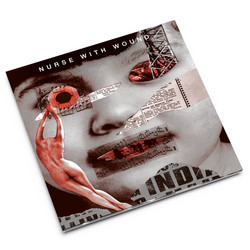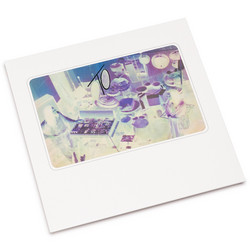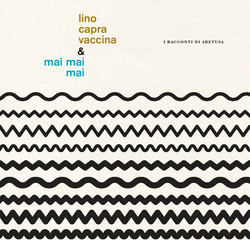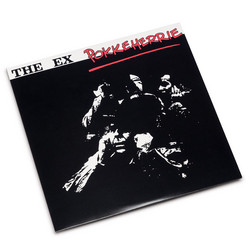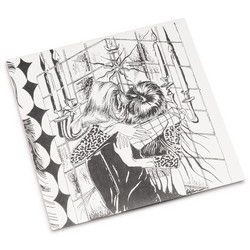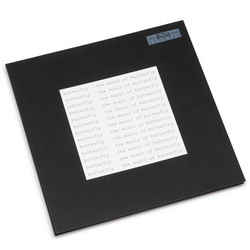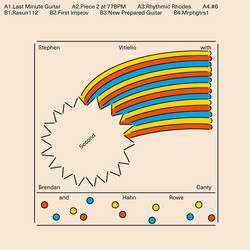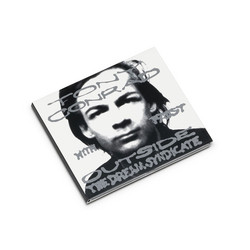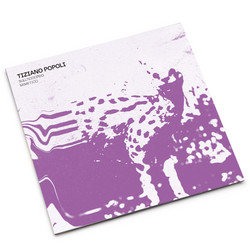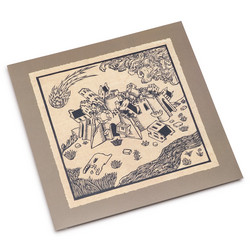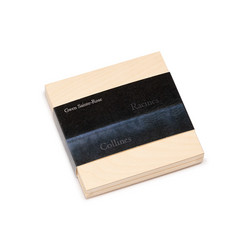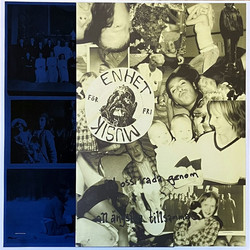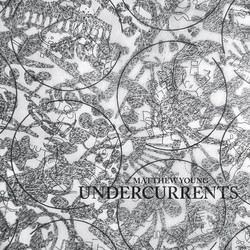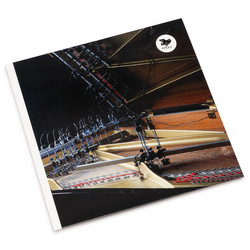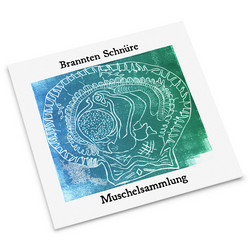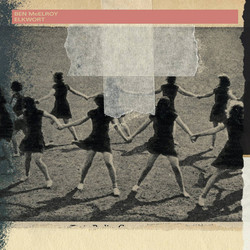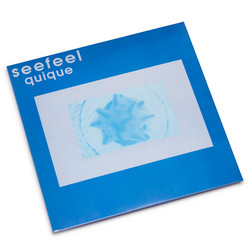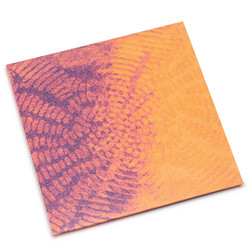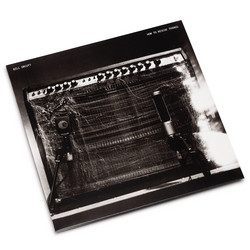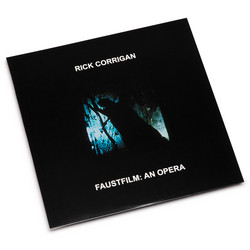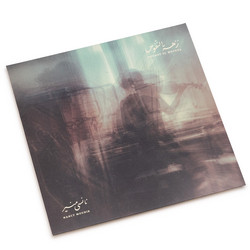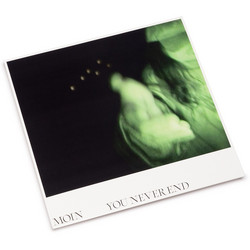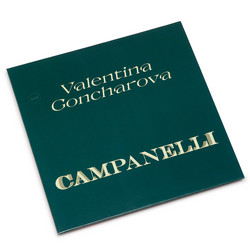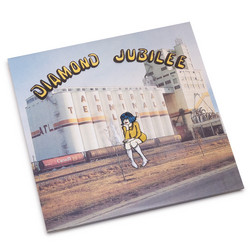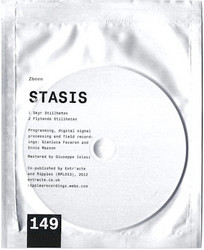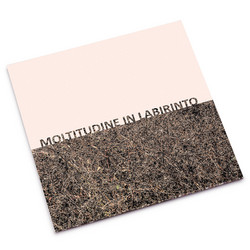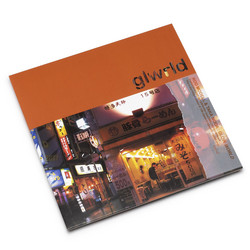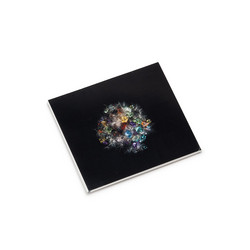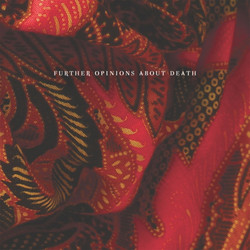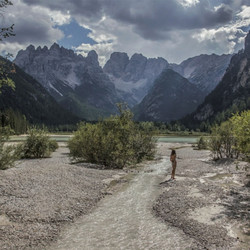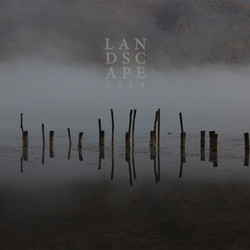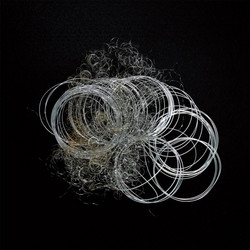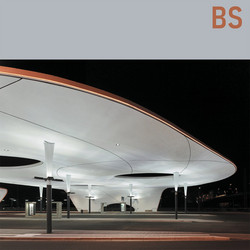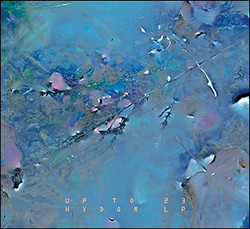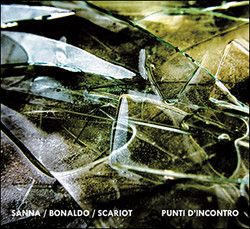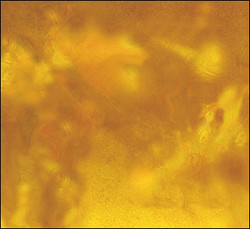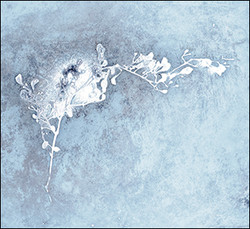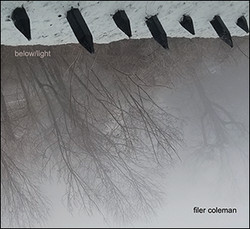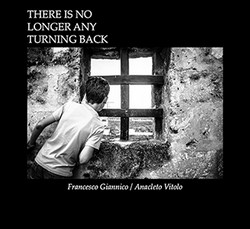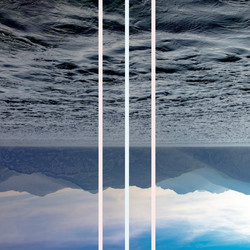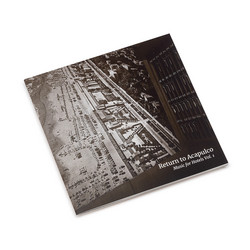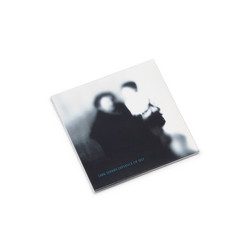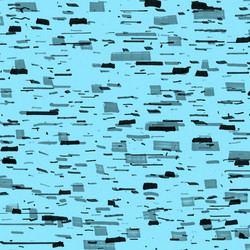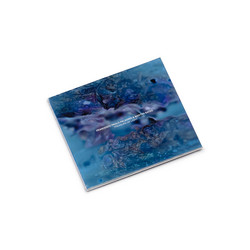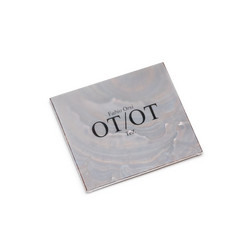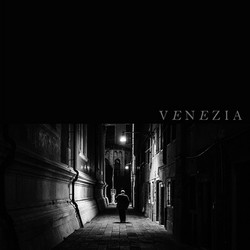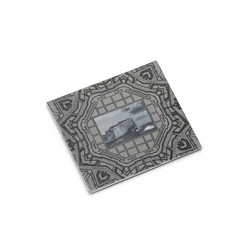Tonal whiplash is a dissonance between tones, a lack of narrative coherence or the evil headache caused by a nonsensical explanation. One might argue that this is the defining characteristic of modern political discourse. Zbeen (Gianluca Favaron and Ennio Mazzon) translates this jarring disconnection into music, daring the listener to locate patterns and linear equations. But the mind is more creative than one might think. The more one plays these tracks, the more one detects some overall threads: isolation, dehumanization, menace. The warm cover image reflects a false sense of security.
Once again something is lurking around the corner, but while the duo’s previous installments inspired images of laboratories and aliens, the evolution of the news cycle since 2013 has sparked a brand new set of associations: technology, surveillance, encryption. The music now sounds like signals attempting to break through, hackers intercepting whispers, cellphones charging, then ringing unbidden. In real life, we struggle to make sense of all these buzzes and beeps, or we simply ignore them, content to be told that everything is safe so that we can continue to consume.
Tonal Whiplash defies its title. Each track adopts a particular pace, while the fragments of sound whirl around the speakers like shattered glass in a vortex. This sound and fury must signify something. An aerosol can is shaken; an alarm sounds; static breaks through the upper levels of the atmosphere. The music is not catchy, nor is it intended to be. It serves instead as an aural Rorschach test. What do you hear in these sounds? If the “warmest” seems like a cellphone (“Marciulionis’ Tash”), and the coldest the complete electronic stop in the center of “Tea Cube”, this says a great deal about our addiction to technology. But the titles themselves provoke tonal whiplash. This is not music for drinking tea and watching old videos of a Lithuanian basketball player; or is it? Have we become so acclimated that we no longer recognize tonal whiplash as such, or worse, that we recognize it, but now accept it as a way of life? (Richard Allen/acloserlisten)
